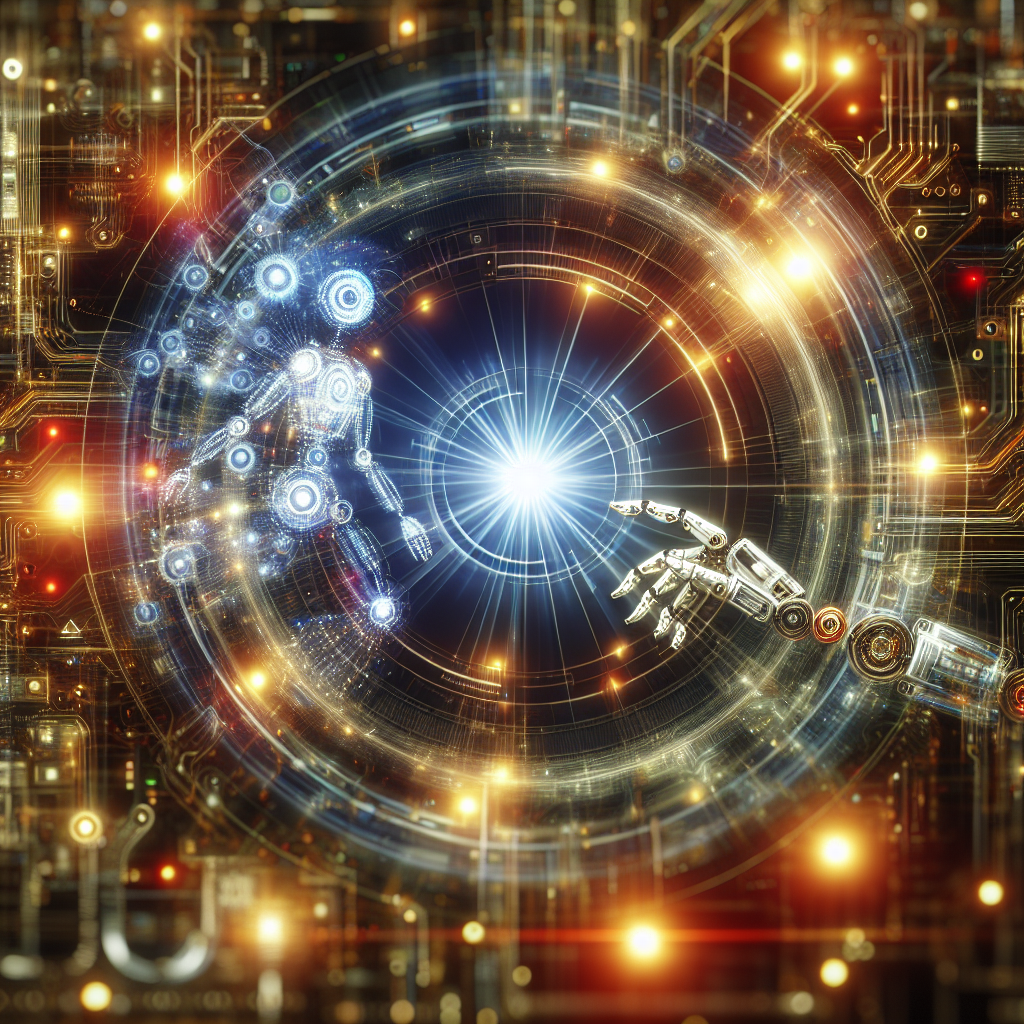Artificial General Intelligence (AGI) is a rapidly evolving field that has the potential to revolutionize automation and innovation across various industries. AGI refers to machines and systems that possess the ability to understand, learn, and apply knowledge in a wide range of tasks, similar to human intelligence. Unlike narrow AI, which is designed for specific tasks, AGI aims to replicate the general cognitive abilities of humans.
The development of AGI has the potential to bring about significant advancements in automation and innovation. By enabling machines to perform a wide range of tasks that were previously only possible for humans, AGI has the potential to increase efficiency, improve productivity, and drive innovation across various industries. From healthcare to finance, from manufacturing to transportation, AGI has the potential to transform the way we work, live, and interact with technology.
One of the key advantages of AGI is its ability to adapt and learn from experience. Unlike traditional automation systems, which are limited by their programming and cannot learn from new information or experiences, AGI systems have the capacity to continuously improve and evolve their capabilities. This means that AGI systems can adapt to changing circumstances, learn from mistakes, and make decisions based on complex and dynamic data.
Another key advantage of AGI is its potential to revolutionize innovation. By enabling machines to think and reason like humans, AGI has the potential to generate new ideas, solve complex problems, and drive creativity in ways that were previously thought to be exclusive to human intelligence. This has the potential to accelerate the pace of innovation and bring about new breakthroughs in technology, science, and other fields.
Despite its potential benefits, the development of AGI also raises important ethical, social, and economic questions. Concerns have been raised about the impact of AGI on employment, privacy, security, and human autonomy. There are also concerns about the potential for AGI systems to outperform humans in certain tasks, leading to questions about accountability, responsibility, and control.
As the field of AGI continues to advance, it is important to consider these ethical, social, and economic questions and to develop policies and regulations that ensure the responsible development and deployment of AGI systems. By addressing these concerns, we can harness the full potential of AGI to drive innovation, improve efficiency, and enhance the quality of life for all.
FAQs
1. What is the difference between AGI and narrow AI?
AGI refers to machines and systems that possess the ability to understand, learn, and apply knowledge in a wide range of tasks, similar to human intelligence. Narrow AI, on the other hand, is designed for specific tasks and lacks the general cognitive abilities of AGI.
2. How is AGI being used in industry?
AGI is being used in a wide range of industries, including healthcare, finance, manufacturing, and transportation. AGI systems are being used to improve efficiency, drive innovation, and enhance decision-making in various tasks and processes.
3. What are the ethical implications of AGI?
The development of AGI raises important ethical questions about employment, privacy, security, and human autonomy. Concerns have been raised about the impact of AGI on society and the potential for AGI systems to outperform humans in certain tasks.
4. How can we ensure the responsible development of AGI?
It is important to develop policies and regulations that ensure the responsible development and deployment of AGI systems. By addressing ethical, social, and economic concerns, we can harness the full potential of AGI to drive innovation and improve the quality of life for all.

